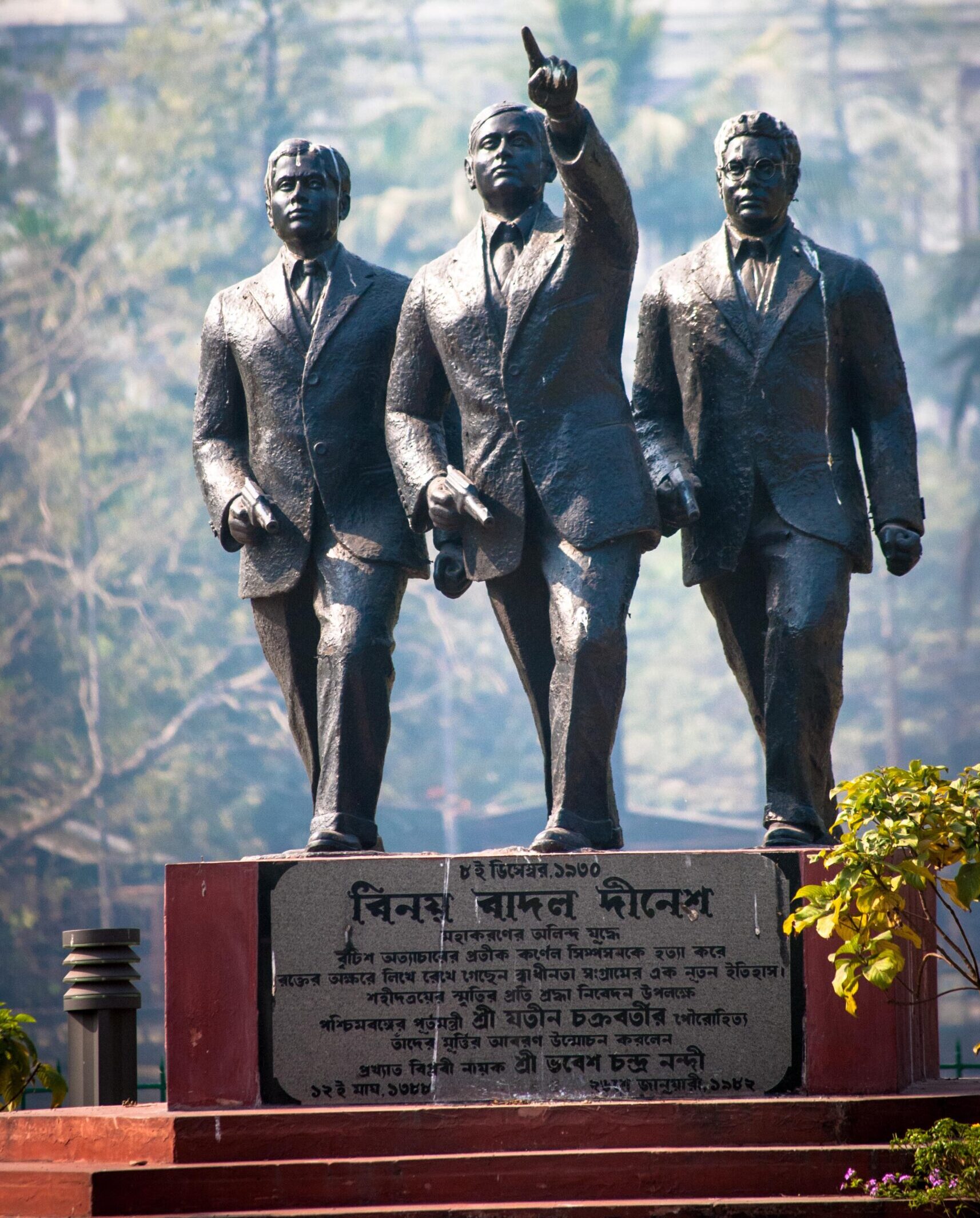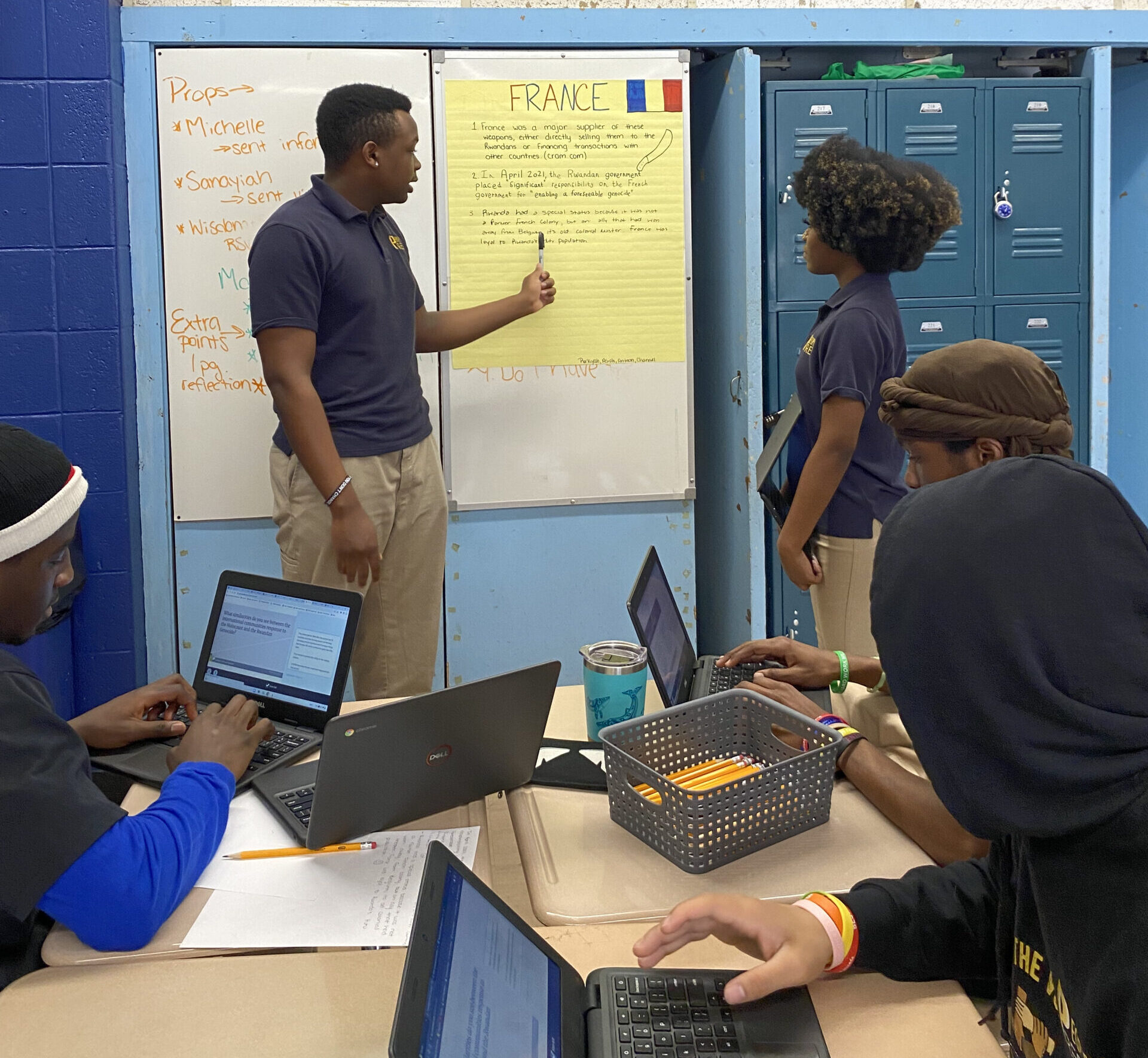At the 2011 AHA annual meeting in Boston, the Graduate and Early Career Committee (GECC) sponsored a conference session entitled “Strategies for Effectively Mentoring Students at all Levels” because it sought to identify mentorship as a serious professional issue affecting historians and students at all academic levels. In the hopes of inspiring a broader professional dialogue, the following essays (by Nicole M. Phelps, Ana Elizabeth Rosas, Will Benedicks, and Steven Volk) introduce our early-career (and perhaps even more experienced) colleagues to a sampling of the opportunities, expectations, and challenges associated with being a mentor, and sometimes still a mentee, in a variety of institutional contexts. These new and senior faculty members draw on their experiences at two-year, four-year, and graduate institutions across the country in order to share their collective insights into how graduate students and early career professionals can seek and provide opportunities for mentoring their students, how senior colleagues and graduate advisers can recognize and respond to the continued need among recent graduates for guidance and support, and how all faculty members might be sensitive and responsive to the heightened demands for mentorship from colleagues in popular subfields and underrepresented demographic groups.
Aeleah Soine is an assistant professor of history at St. Mary's College of California in Moraga, California. She received her PhD from the University of Minnesota in 2009. As a member of the AHA's Graduate and Early Career Committee, she coordinated this forum based upon a session co-organized with Doug Kiel for the AHA annual meeting in 2011.


